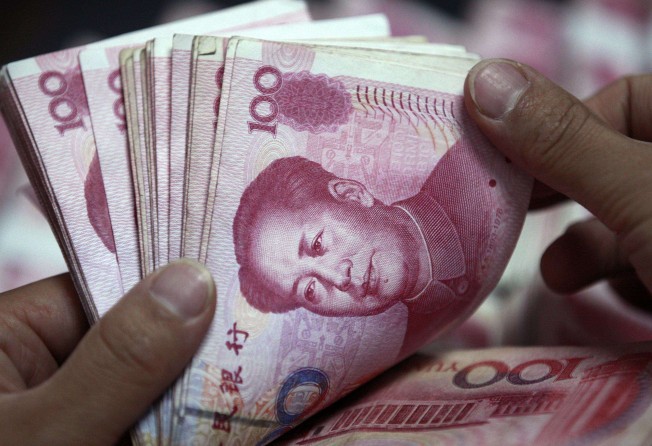Time for Chinese companies to rethink their debt book, says JP Morgan

Chinese industrial and materials companies have taken on much more debt, especially the short-term variety, than their global peers while their earnings measure was also poorer, a JP Morgan study found.
However, new economy sector saw its leveraging ratio decline in the past five years, possibility reflecting insufficient use of leverage to drive growth.
Chinese companies have over 50 per cent more leverage than their global counterparts due to their rapid borrowings in the past five years, especially for firms in the industrial and materials sectors, the study said.
The median debt-to-ebidta ratio of Shanghai and Shenzhen listed firms, a measure to show how much debt a company uses to generate earnings, jumped from 2.6 times in 2011 to 3.2 times in 2015. That compared to a median of 2 times debt-to-ebitda ratio for firms in the S&P 500 index in New York, FTSE index in London and DAX index in Germany.
The study excluded firms in China’s property and financial sectors. Mainland property companies are considered to be highly leveraged.
Chinese firms covered in the study had a third or less of their debt in bonds, versus about 75 per cent for large German firms, and almost 90 per cent for large US and UK firms.
As a result, their debt is short-dated, with debt maturities of one to two years versus about
nine years for large US firms. This increases their liquidity risk and likelihood of failing to get additional credit, said JP Morgan.
“The bond market in China has not developed to the extent of the US,” said Peter McInnes, managing director, corporate finance advisory at JP Morgan. “And companies have been relying heavily on the banking system.”
McInnes said it was a critical time for Chinese firms to think about their capital structure as they can not fully rely on the domestic banking system to support future global expansion and debt in other currencies may be more appropriate.
Falling revenue is another factor that materials and industrial companies should consider to balance their accounts, at a time when the world’s second largest economy is shifting from rapid industrialisation to a consumption driven model.
“Rising leverage is not a ‘China unique’ [situation], but in western countries it is more in new economy sectors,” McInnes said, “Several big M&A deals have pushed up debt ratios of the US health care sector.”
However, leverage ratios in China’s new economy sector, such as healthcare, technology and utilities, have declined from 2011 to 2015 even as they rose in the US, the UK and Germany.
McInnes expects the debt ratios of China’s new economy sector to rise in coming years given its companies will conduct more mergers and acquisitions overseas.
High leverage, debt composition and operational efficiency remain the major problems facing Chinese firms, the report said.
JP Morgan suggests that firms shift their focus from loans and implicit government support to capital markets, such as issuing equity and bonds, and boost their operations so they can deleverage.
“This [process] could last several years,” the report said.